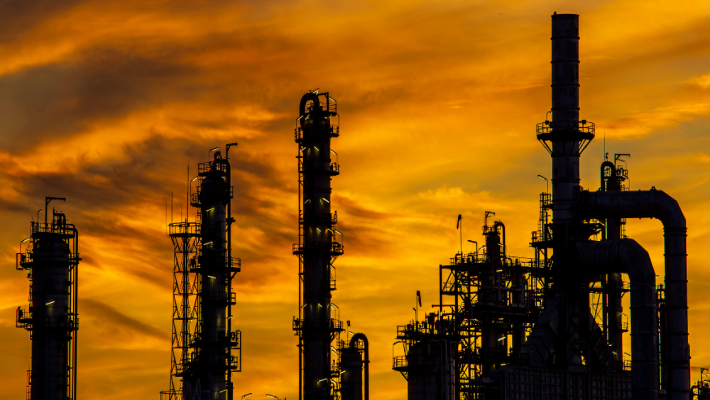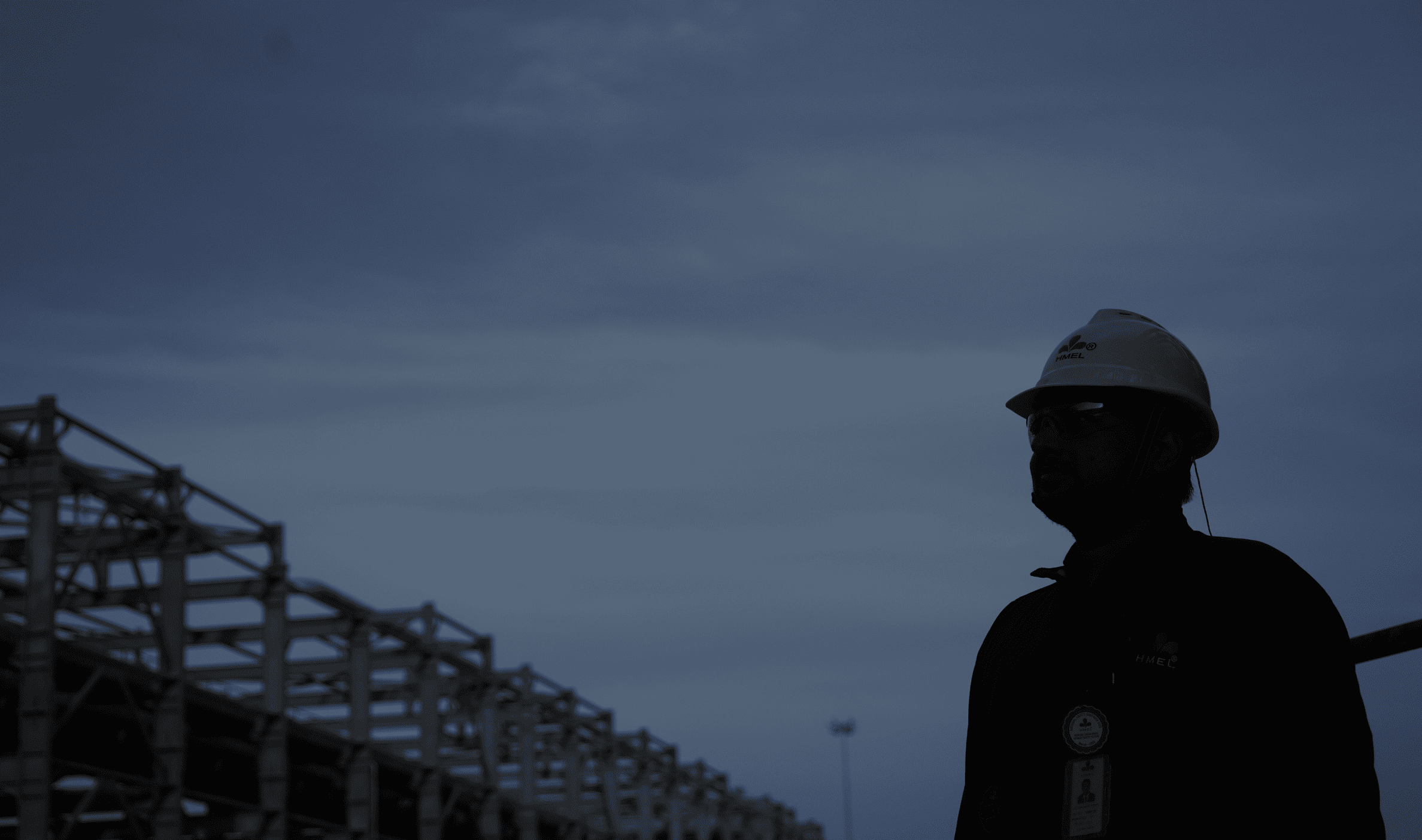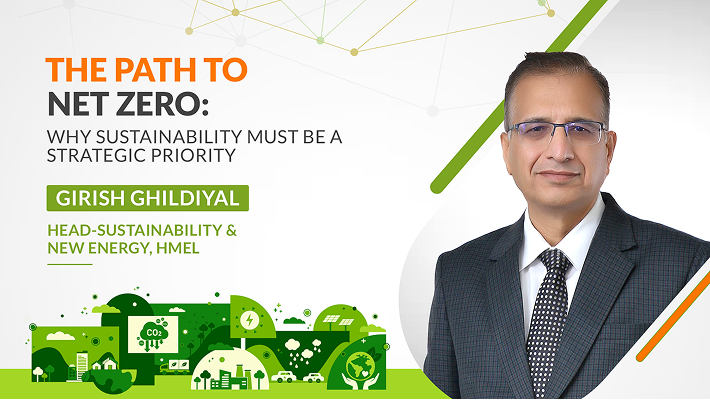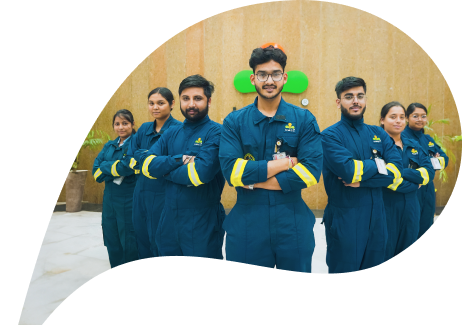Due to the vast demand for moulding plastics, polypropylene has become a fundamental need in nearly every end-use industry. Notably, polypropylene has become a stalwart material in packaging, automobiles, construction projects, healthcare applications, and the electronics sector.
Polypropylene registered a Compound Annual Growth Rate of 2.3% in sales between 2015 to 2021. Global players that increased the CAGR were India along with, China, the USA, and Germany. Future estimates of the market growth for polypropylene are expected to be 4.5% CAGR between 2022 and 2030.
After reflecting on the market dynamics and the future projections of polypropylene, it is important to reflect on the contribution of polypropylene to economic success and sustainability.
The Basics of Polypropylene
Polypropylene is a thermoplastic polymer. It has gained recognition due to its unmatched properties. It boasts high chemical resistance, excellent mechanical strength, and a relatively low production cost. These attributes make it a preferred material for diverse applications.
Polypropylene is a versatile material. It can be easily moulded into various shapes, which makes it an ideal candidate for different industries.
Polypropylene is a cornerstone in packaging because it is a durable and lightweight material. In the automotive industry, it takes center stage as a pivotal component. Its usage is increasing in electric and hybrid electric vehicles (EV/HEV). Additionally, polypropylene demonstrates its adaptability and reliability in construction and healthcare.
Polypropylene in Oil and Gas Operations:
Polypropylene is shaping the operational landscape in the oil and gas sector. The material takes center stage due to its resilience, durability, and sustainability in critical applications.
Pipeline Insulation and Coating:
Polypropylene’s resistance to chemicals and moisture makes it an excellent candidate for pipeline insulation and coating in the oil and gas sector. It acts as a protective layer for pipelines. The protective layer extends the lifespan of pipelines by safeguarding them against corrosive substances and environmental elements.
Storage Tanks and Containers:
The oil and gas industry often deals with corrosive substances and varying temperatures. Polypropylene’s resistance to chemical degradation and ability to withstand a broad range of temperatures. It is an ideal material for manufacturing storage tanks and containers. Polypropylene ensures the integrity and safety of stored materials.
Equipment Components:
Components of equipment used in oil and gas operations like valves, pumps, and seals benefit from polypropylene’s durability and resistance to wear. Its lightweight nature further facilitates the ease of handling and installation.
Sustainability in Focus:
The functional advantages of polypropylene are known to many. However, it is imperative for organizations to understand how polypropylene aligns with a growing emphasis on sustainability within the oil and gas industry.
- Recyclability: Polypropylene exhibits recyclable properties. Hence, it can contribute to a circular economy and reduce environmental impact.
- Energy-Efficient Production: The manufacturing processes for polypropylene are energy-efficient. It aligns with sustainability goals in the oil and gas sector.
- Reduced Environmental Footprint: Polypropylene aids in minimizing the environmental footprint of oil and gas operations. It is the best choice for responsible resource management.
- Longevity and Durability: Polypropylene’s durability ensures a longer lifespan for components. It reduces the need for frequent replacements and minimizes waste.
- Eco-Friendly Practices: The adoption of polypropylene supports eco-friendly practices within the oil and gas industry. It contributes to a more sustainable and responsible operational approach.
Conclusion
Polypropylene’s versatility makes it an invaluable asset in the oil and gas industry. Its resistance to corrosion, durability, and sustainability position it as a material of choice for various critical applications. Polypropylene emerges as a reliable companion for sustainable practices in the oil and gas industry. Polypropylene has a promising growth trajectory due to its vital role in shaping the future of the economy.
As a leading producer of polypropylene in India, HPCL-Mittal Energy Limited (HMEL) has captured the market with its flagship brand ‘Polysure’ through customer centricity and a nationwide distribution network. Operating the Guru Gobind Singh Refinery in India, HMEL is playing a pivotal role in reducing the country’s reliance on imports of polymers. With our ambitious US$ 3 Billion expansion plan in petrochemicals, HMEL is addressing the escalating local demand for Polypropylene and Polyethylene. The integrated complex features a state-of-the-art 1.2 MMTPA Multi-Feed Cracker along with 1.2 MMTPA Polyethylene (PE) and 1.0 MMTPA Polypropylene (PP) Plants. This strategic move positions HMEL as a formidable player in the Indian polymer market.






 no updates
no updates